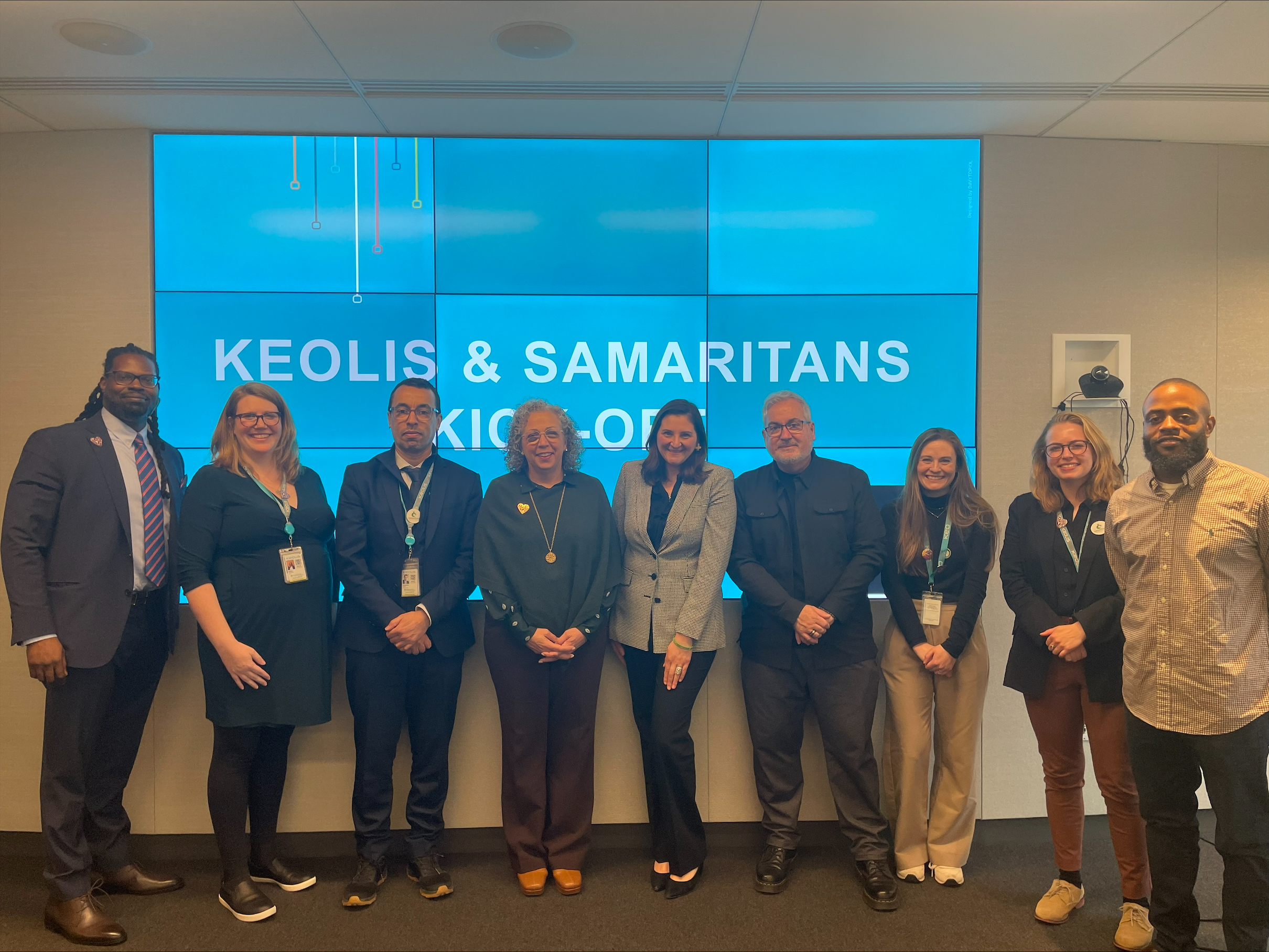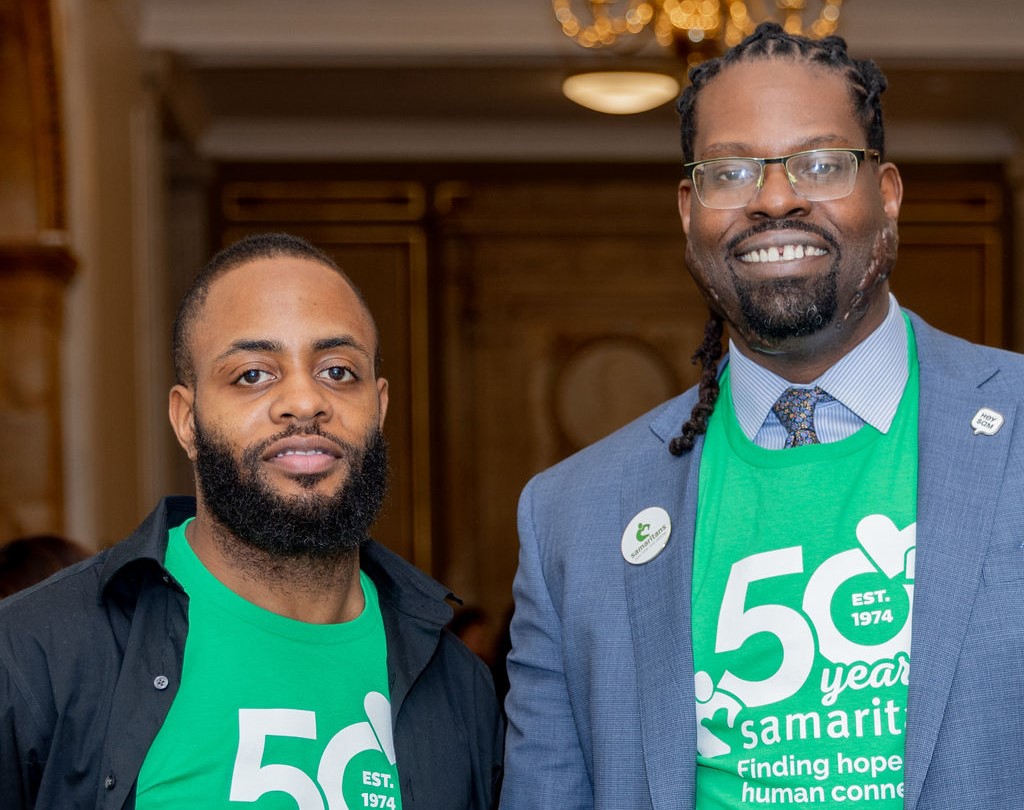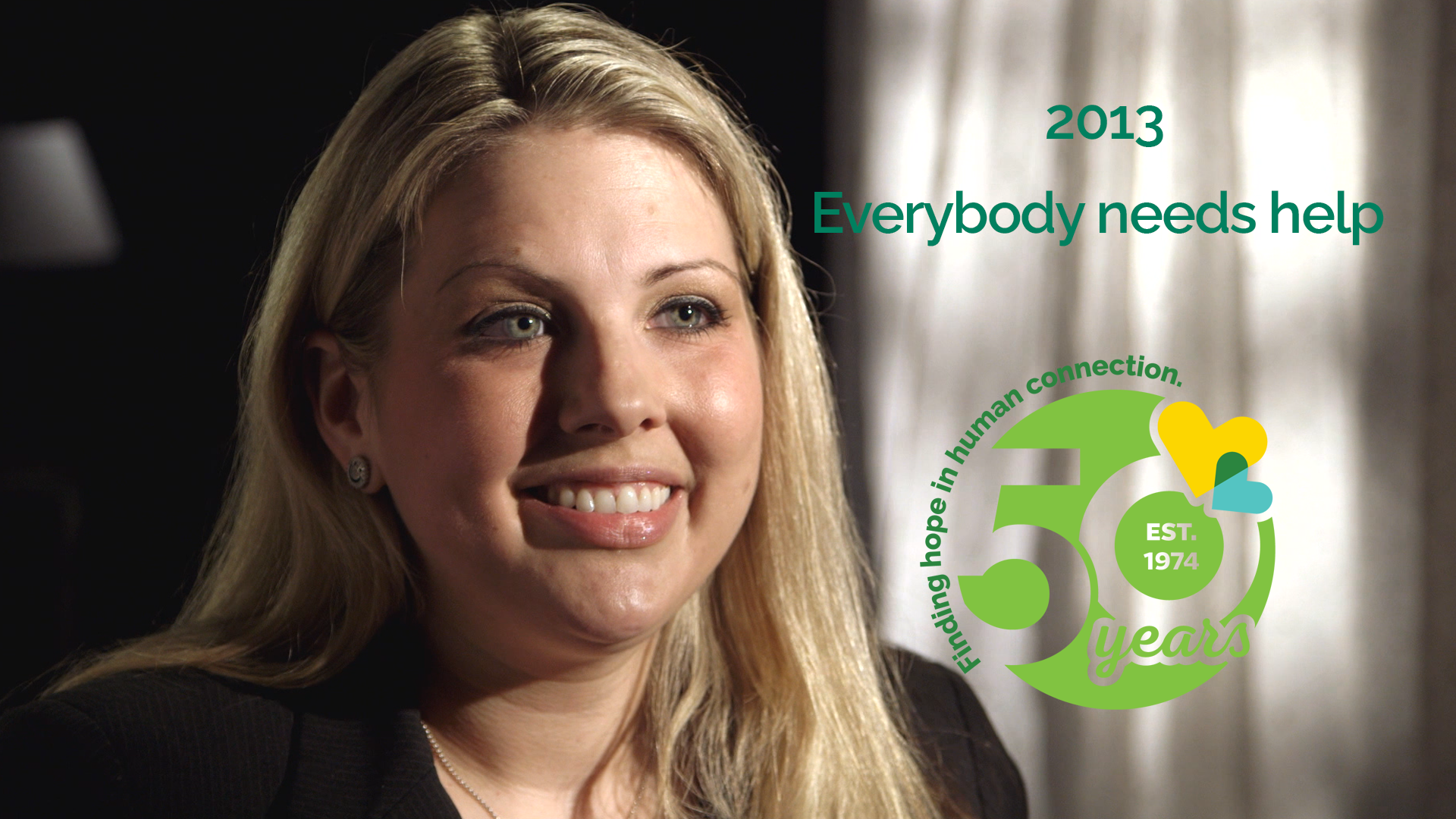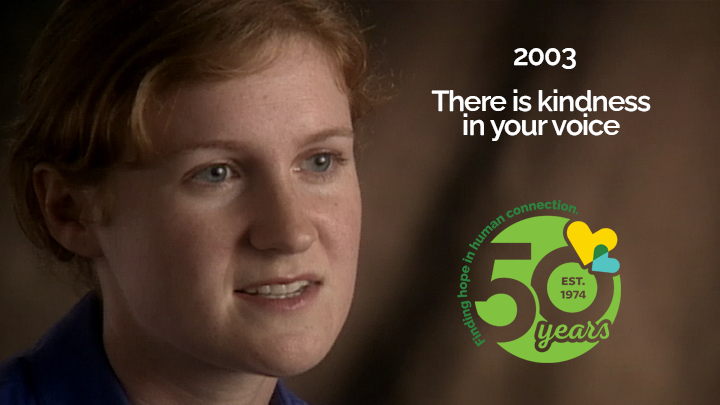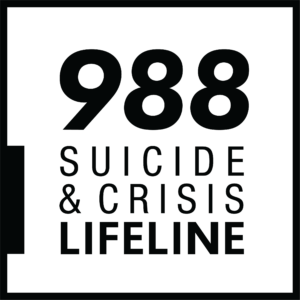The holiday season can be overwhelming for many people due to the demands that come with what is often described as the happiest time of the year. Whether surrounded by family and friends, or facing the season alone, you may be feeling external pressure from the media, brands, and society about how you should celebrate. This messaging can make it hard to identify what actually makes us happy, or what we need to be okay during this time of year.
This is especially true for folks who have experienced loss, particularly folks who have lost loved ones to suicide. Even if the anniversary isn’t close to this time of year, hearing how others are spending time with loved ones to celebrate the holidays can make it difficult to move through the grieving process.
Kacy Maitland, Chief Clinical Officer at Samaritans, shared some tips that may help you navigate the holiday season this year.

Pressure and Expectations
What truly makes you feel connected and happy will be different for each and every person. Going to a big social holiday gathering might be overwhelming. Spending time at home, watching TV, or playing a video game — whatever helps you feel balanced might be the best way for you to spend the holidays.
You may also feel more pressure to be more productive this time of year — to be out walking, shopping, or celebrating. But those of us in Massachusetts, with the impending snow, rain, and sleet, might find solace spending time at home. Productivity might not always look the way we imagine it, which is getting tasks done and completing things. Sometimes, what’s productive for our emotional and physical health is rest. It’s what rejuvenates us and keeps us well. Letting go of the external demands, and the thought that you should or shouldn’t be doing something is a helpful way to move through the holiday season and find the activities that work best for you.
Be mindful of your own limits. If you know attending a gathering is going to be more stressful than not, maybe choosing not to be there is the better fit this year.
Navigating Family Dynamics
The external world also tells us that being with your family is joyous, comfortable, and easy, but that is certainly not the case for most families. We all have a family member who we might disagree with politically, religiously, emotionally, philosophically.
Be mindful of your own limits. If you know attending a gathering is going to be more stressful than not, maybe choosing not to be there is the better fit this year. If you know your uncle or aunt or cousin is going to bring up some topic you don’t feel like arguing with, you can go to a different room and not engage in that conversation. Of course, that is easier said than done if someone is saying something that’s intrinsically opposed to what you believe in or who you are, but sometimes engaging in those conversations can create more stress for you and impact your own wellbeing while not making progress toward changing that person’s mind.
Navigating Grief
I was talking to a loved one recently. She had lost her husband a year ago, and she said that she felt worse now than she did right after his death. She said she felt like she shouldn’t be in this place, and people were tired of her talking about it and expected her to be “over it” by now.
I told her that there is no one way to grieve. And healing after a loss isn’t linear. If you have lost someone, you know that you are never going to be “over it.” It’s not about getting “over it.” It’s about how you move differently in the world. There’s no one way to do things, and don’t let anybody make you feel like you should be someplace else or be doing something else.
For some, doing a routine or tradition that you enjoyed with your loved one might bring comfort. Maybe for you, not doing anything at all might be what you need because it’s too overwhelming to even think about it. Avoiding things when you need to avoid them is also part of the grief journey.
Supporting Someone Who is Struggling
A big warning sign that someone may be struggling with their mental health during the holidays is disengaging from the things that they really enjoy. Isolation is also a warning sign. Of course, if attending social gatherings is not for you this year, that’s okay. But also recognize that it is something to pay attention to when the person who normally is at the social gathering and enjoys the gathering is suddenly passing up those opportunities.
Another sign is talking about not feeling okay, talking about feeling depressed or disconnected, or talking about not wanting to be here anymore. That’s a marked example of what we might be looking for in someone who’s really struggling.
Check in with your friends and family members and see what’s going on. If you have cause to be concerned, it’s okay to ask directly: Are you thinking about suicide? Starting this conversation with a loved one can be tough, but research shows that engaging with someone experiencing suicidal ideation on this topic does not increase their risk of suicide. By putting the word “suicide” on the table, you are giving them a space to talk and build a connection they need.
Beyond the Holidays
We often think about the holidays as the time that people struggle, and that’s true. There is a lot of social pressure to be happy and joyous, and celebrate with loved ones. But the time after the holidays can be equally isolating and stressful. For some people, keeping busy — going through the motions, going to the gatherings, and doing what is expected of them — can be helpful. But the time afterwards, even moving into spring, which is thought of as bringing rejuvenation and joy, can be equally as hard. We know that as we see suicide rates are higher in the springtime.
Samaritans is here all the time. We’re here in the winter. We’re here in the spring. We’re here in the summer. We’re here in the fall. Whatever you might be going through, our 24/7 Helpline is here to support you. If you have lost a loved one to suicide, our grief support services are here to support you. And certainly, if you’re interested in learning more about what we do, learning more about suicide prevention and how to ask someone if they are feeling suicidal, our free workshops are available to you. No matter what you are dealing with, Samaritans is here for you.
